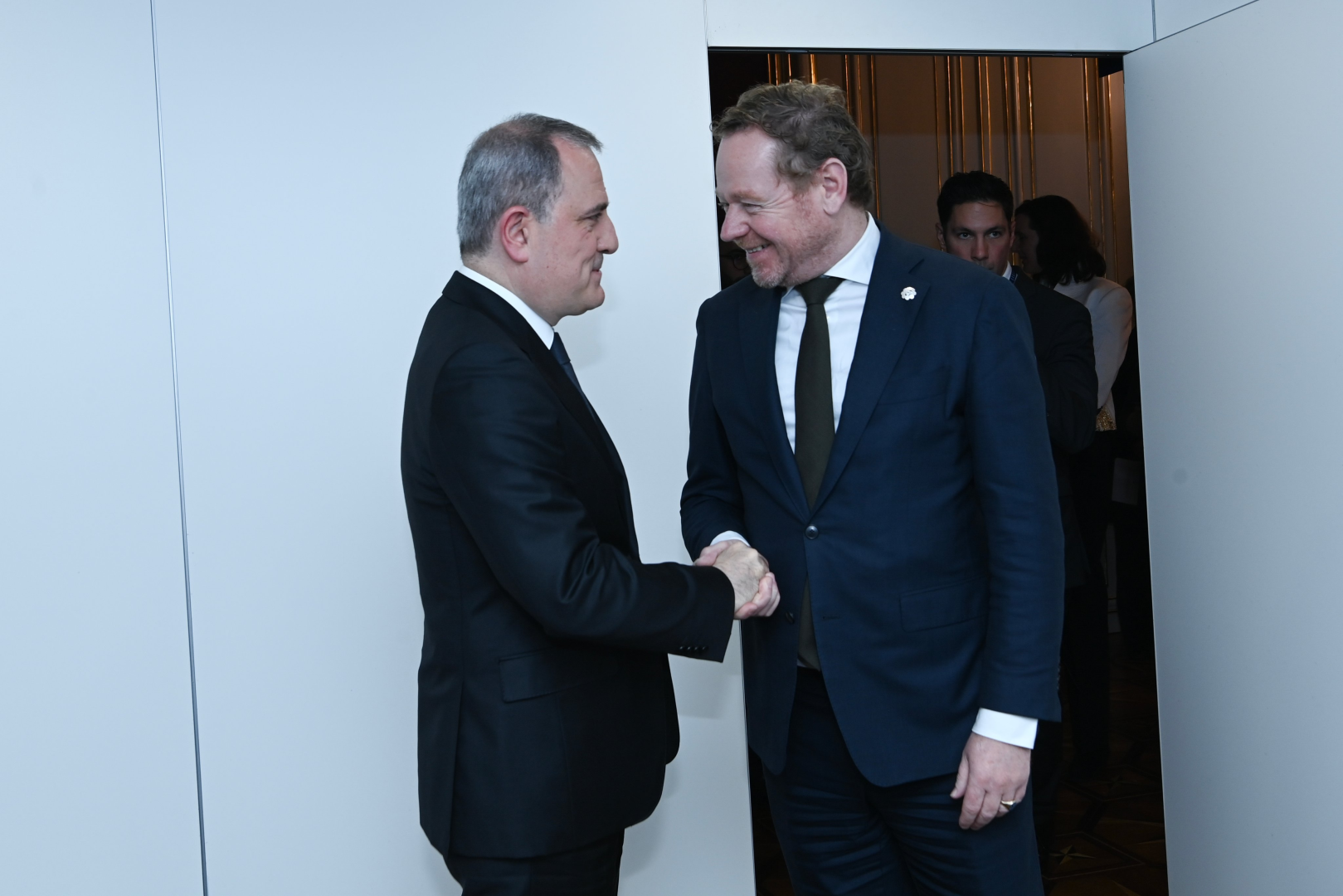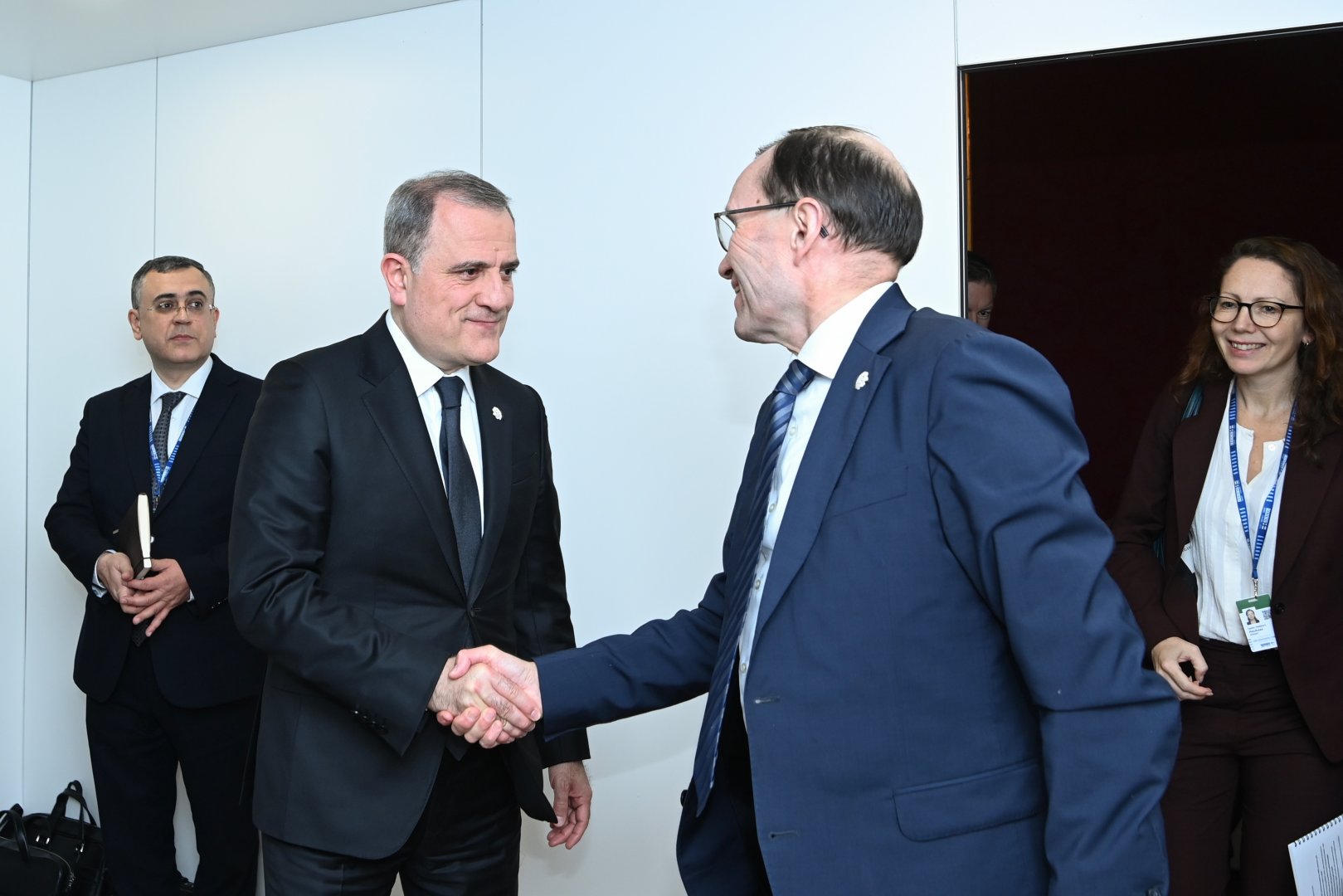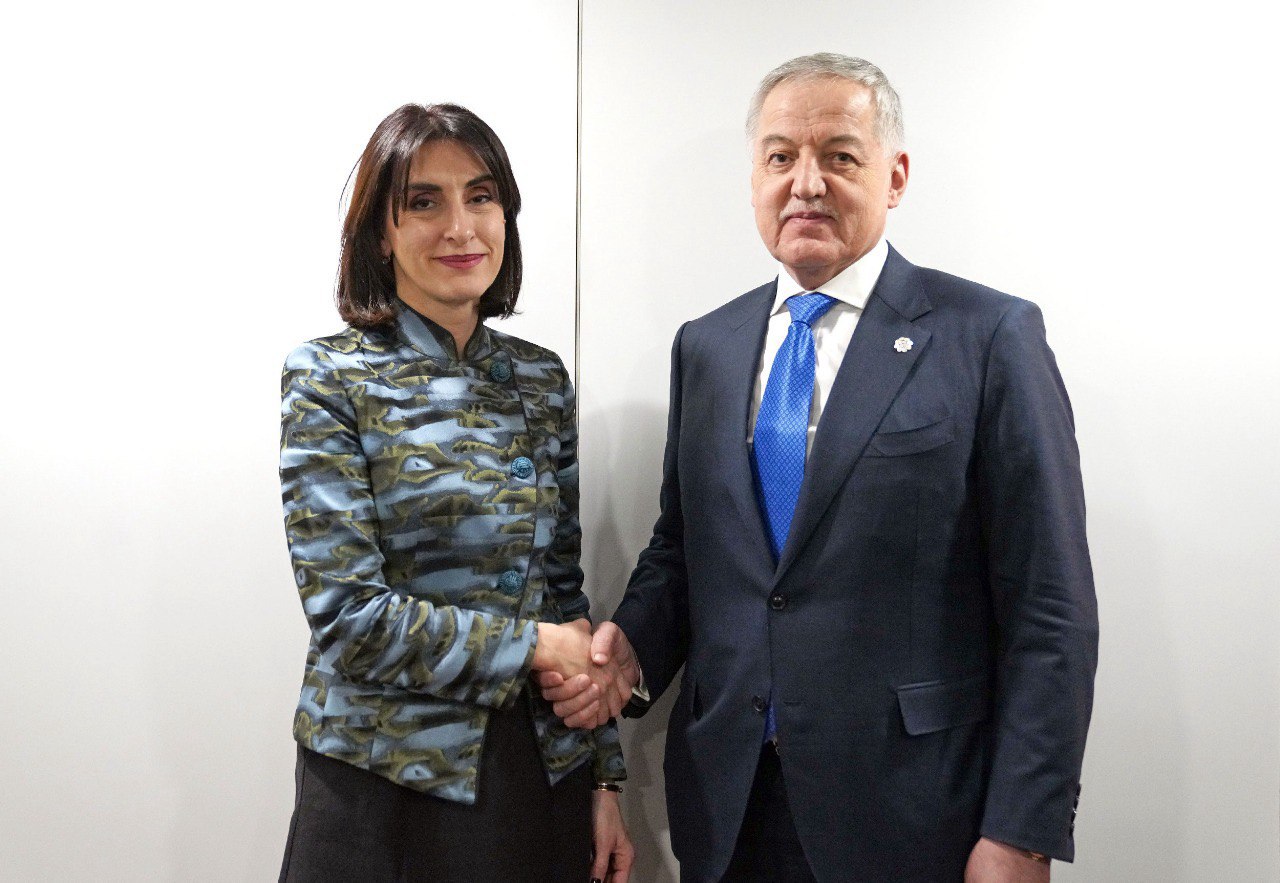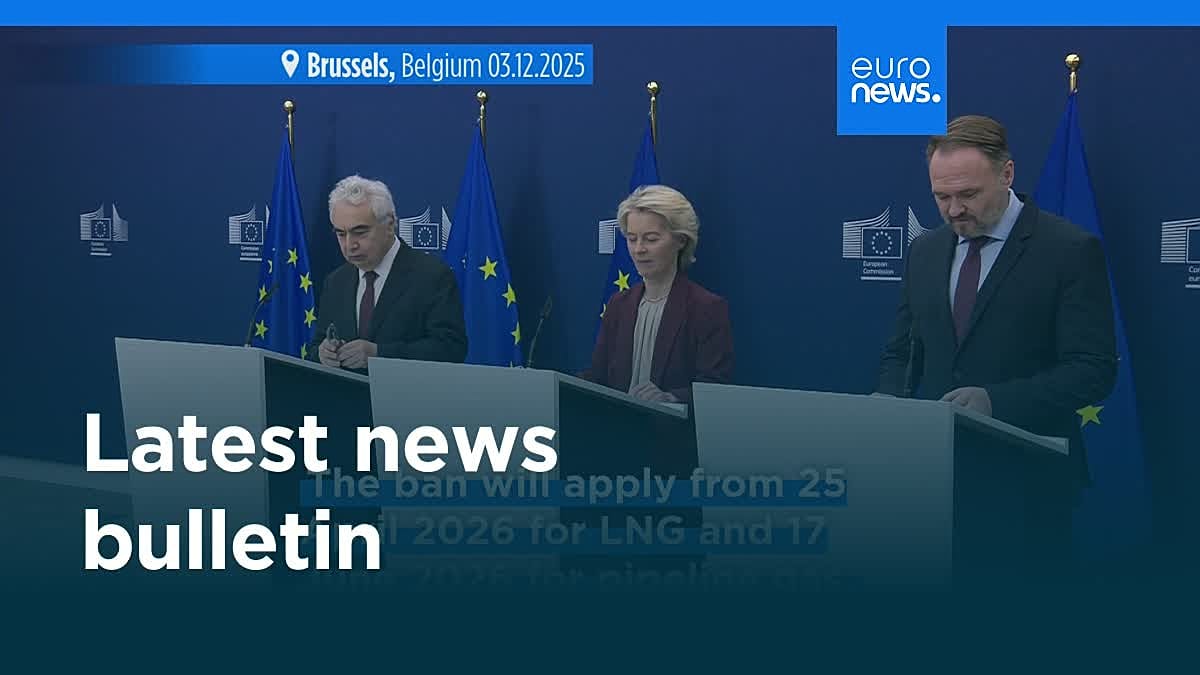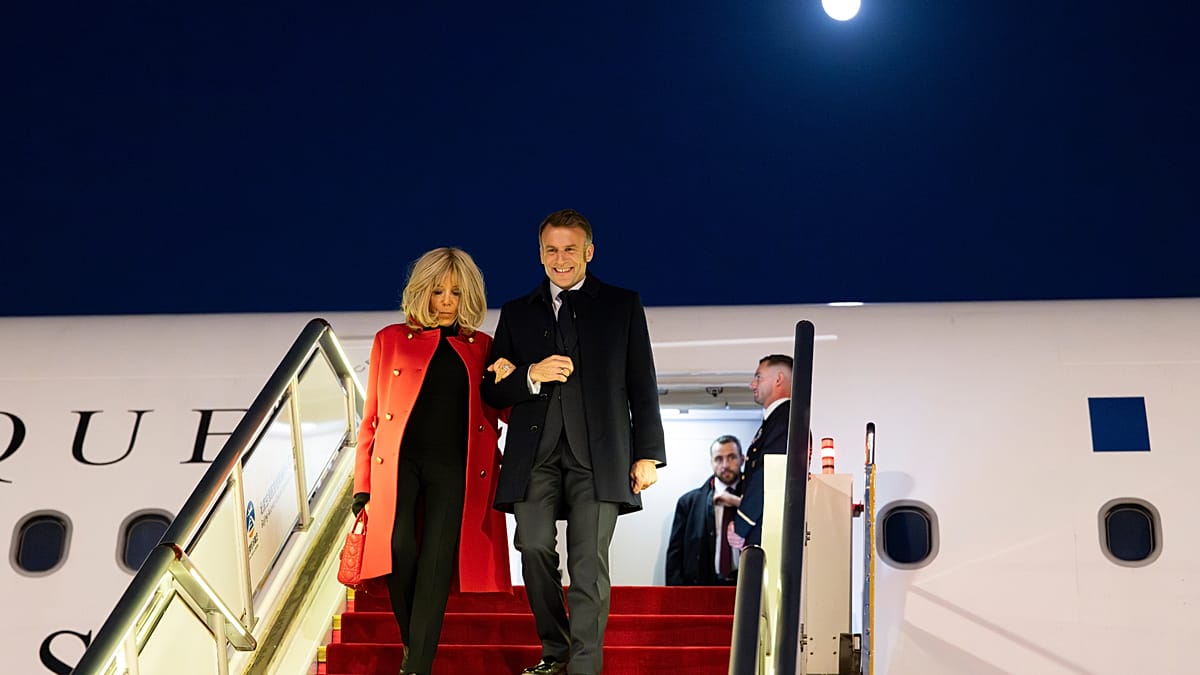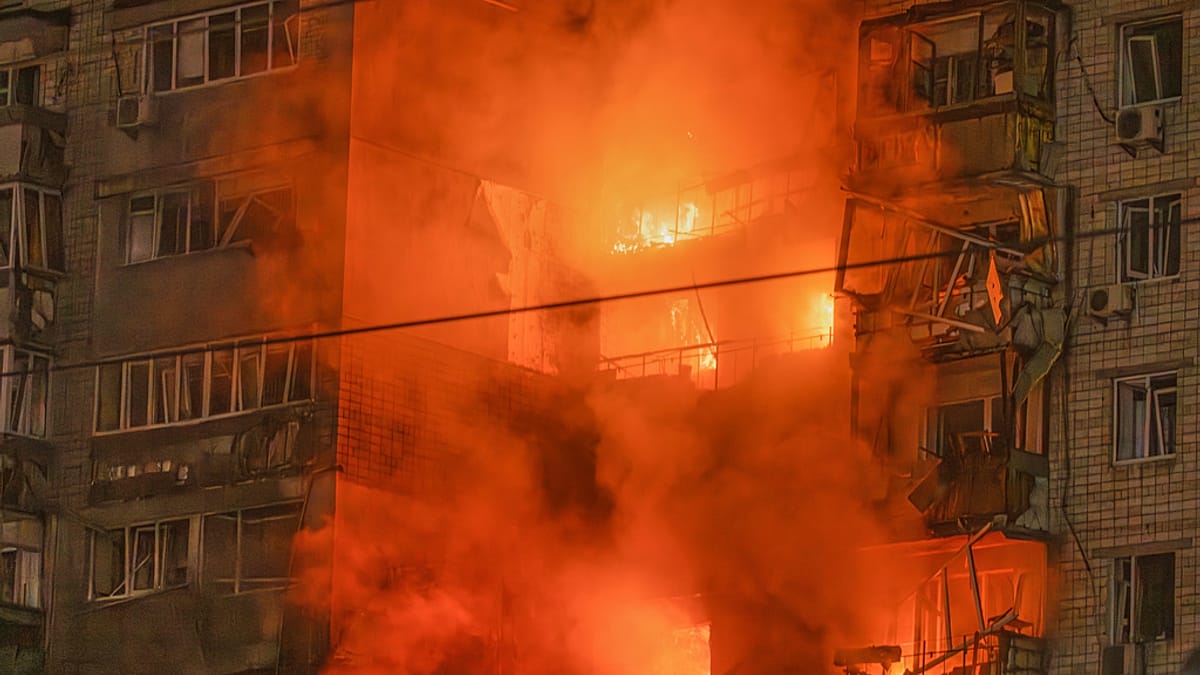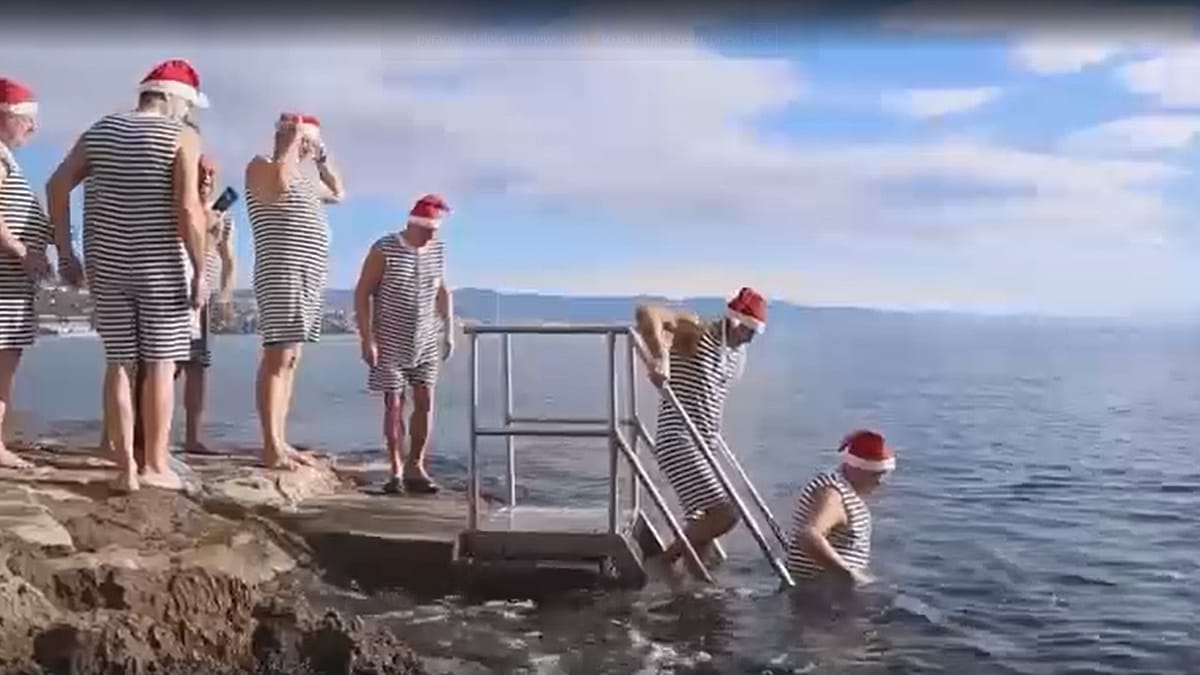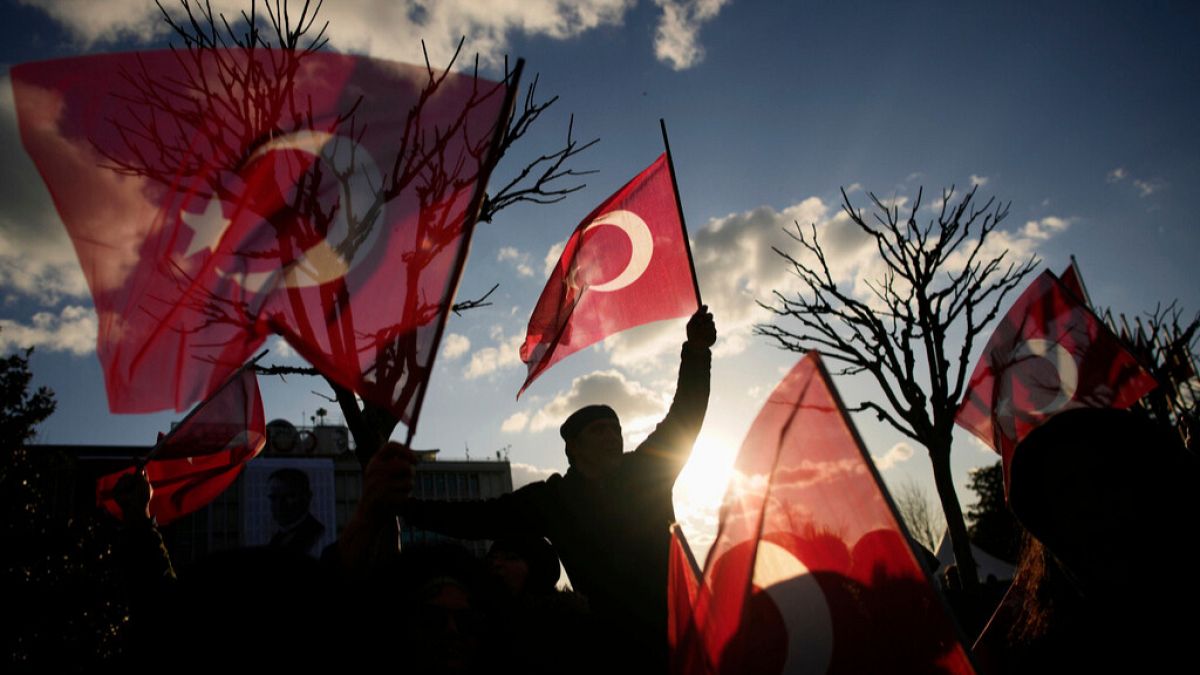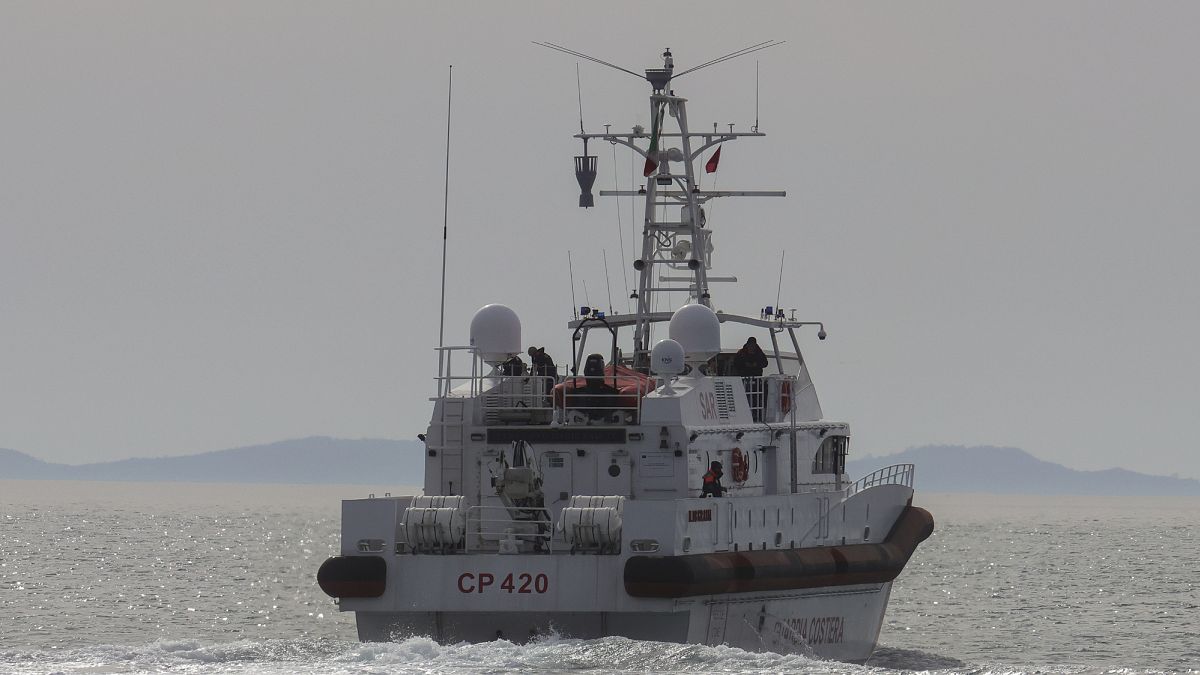The EU approves the 18th package of sanctions against Russia
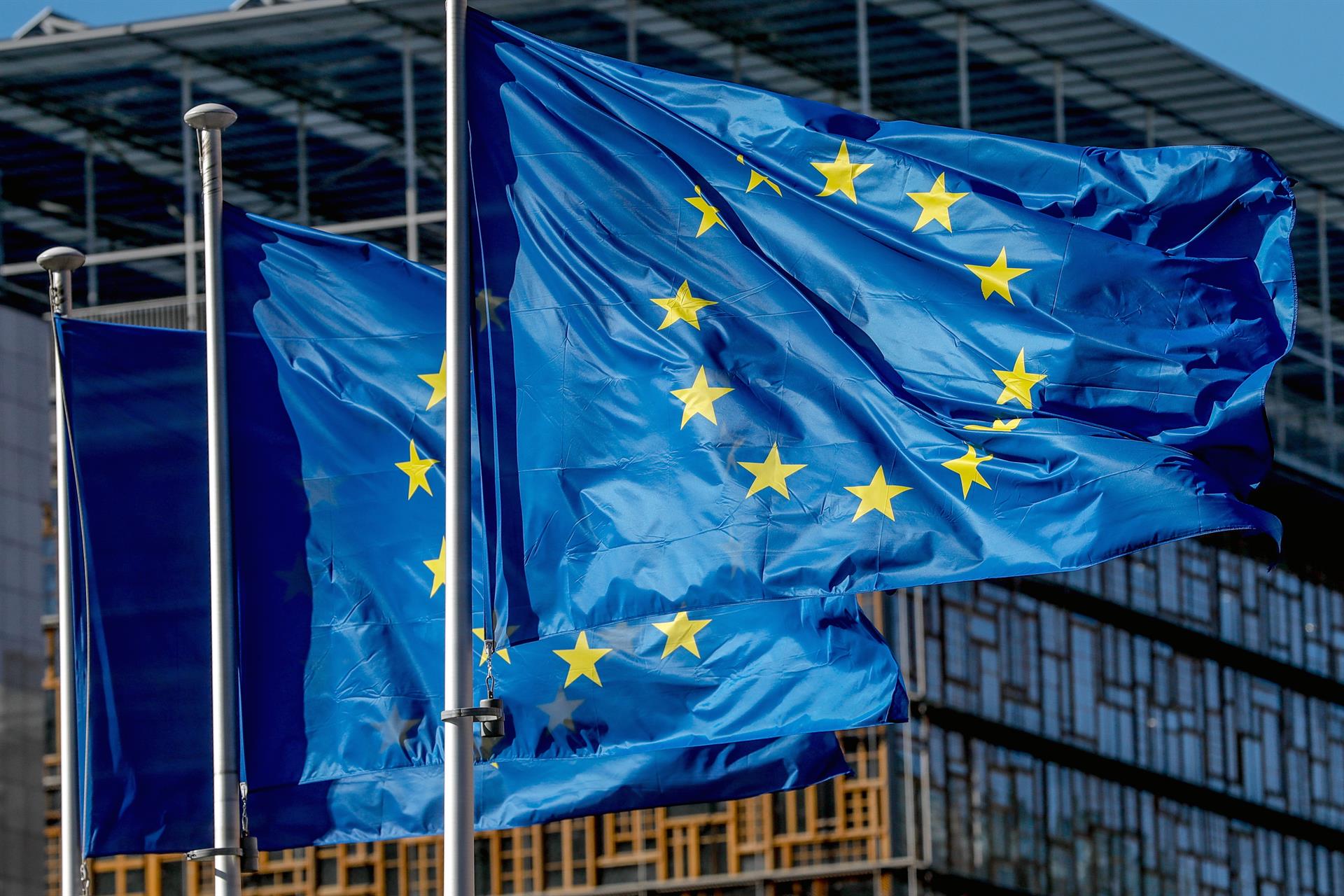
Brussels (ANSA) – After a long negotiation, the EU has given the green light to the eighteenth package of measures against Moscow. Last night, the veto of the nationalist leader of Slovakia, Robert Fico, was lifted. The Commission has found a way to satisfy Bratislava regarding the potential negative effects of the sanctions, which are hitting the entire energy sector in the hands of Vladimir Putin.
“We have struck at the heart of the Russian war machine,” emphasized Ursula von der Leyen. The eighteenth package is among the heaviest implemented by the EU and marks an important novelty: the introduction of a new dynamic Oil Price Cap mechanism that will set the price at 15% less than the average market price of Russian crude oil: the price will be reduced by 60 cents to about 47.6 dollars per barrel.
The new European tightening also dismantles one of the symbols of the EU’s energy dependence on Moscow, Nord Stream 1 and 2. With the total ban on gas transit, the two mega-pipelines are soon destined to become industrial archaeology. At the same time, the EU has extended the gas storage obligation to 90% of capacity – but with potential exceptions – for the upcoming winter as well.
A heavy blow to Russian banks: the ban on transactions with European institutions becomes total, while the blacklist is enriched with 22 new entities for a total of 45. The new package adds over a hundred vessels to the blacklist specifically created for the shadow fleet through which Putin has kept energy trade active.
“The sanctions are illegal and will backfire on their promoters,” replied Kremlin spokesman Dmitry Peskov, claiming that Russia has now acquired a “certain immunity” from European measures (July 18).
